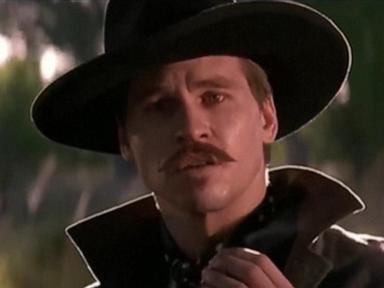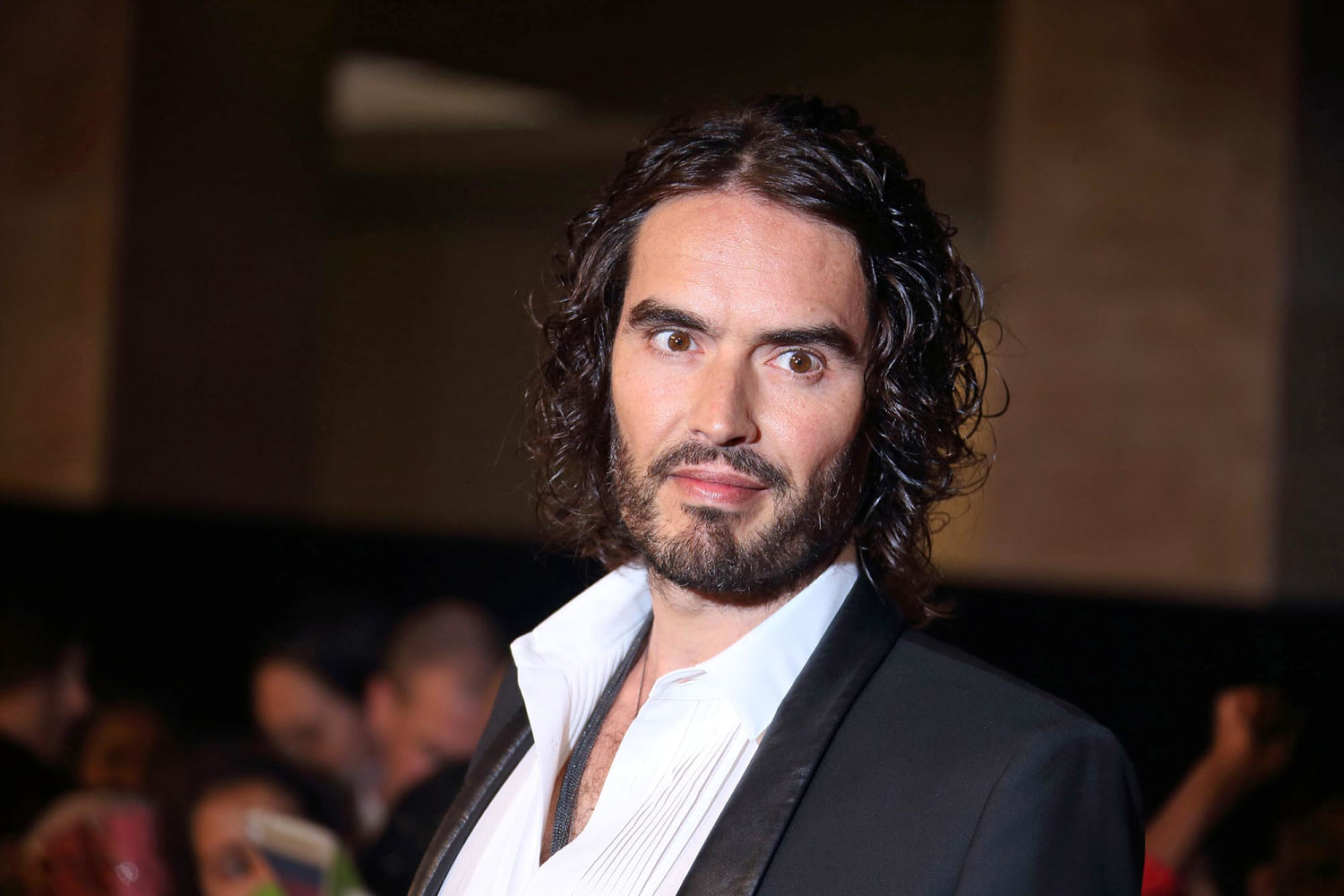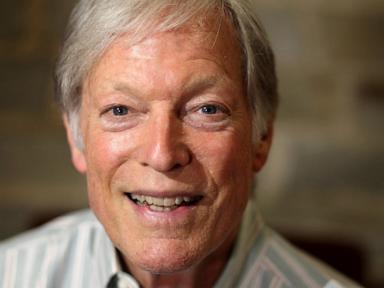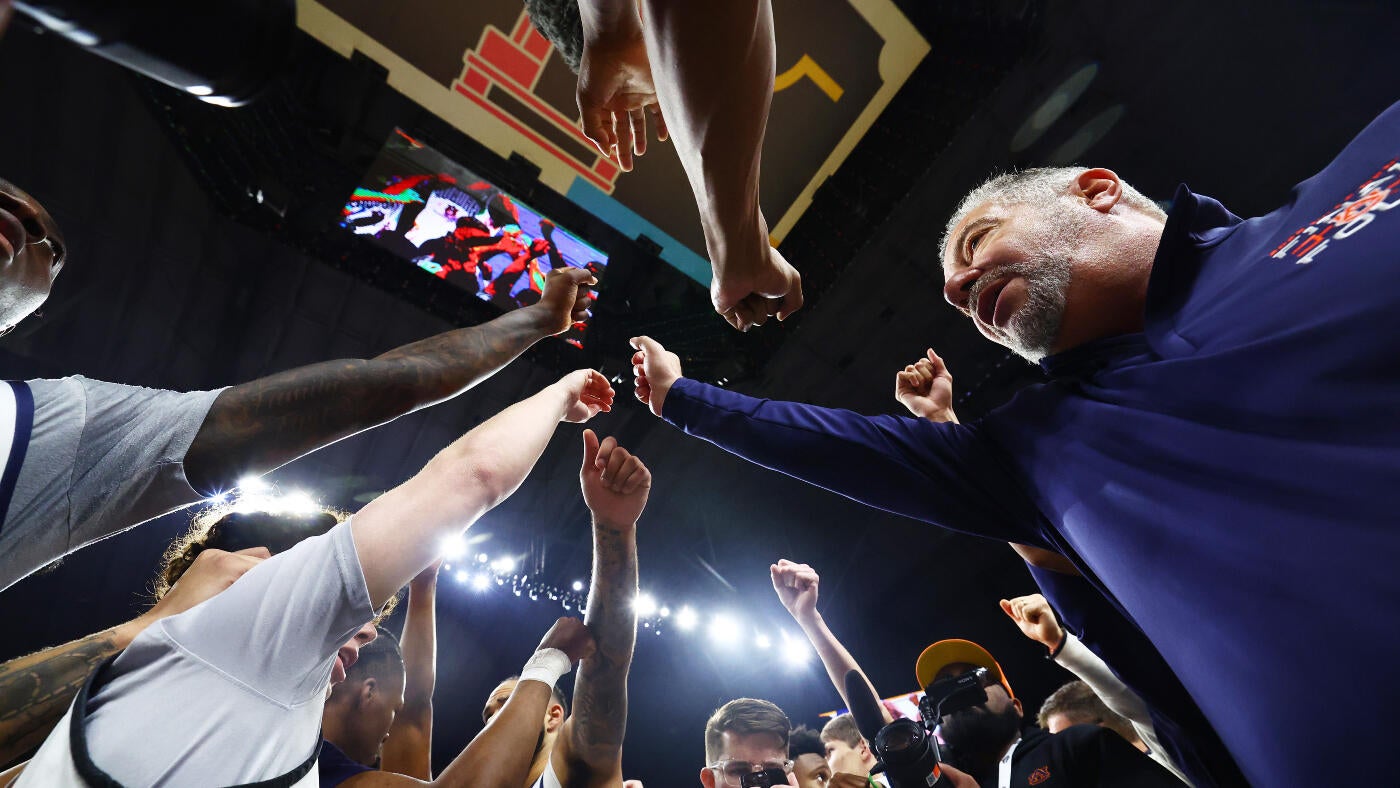In the early 1980s the actor and comedian Andy Kaufman reached out to wrestling promoter Jerry Jarrett with an unusual offer. Kaufman wanted to wrestle for Jarrett. More specifically, he wanted to wrestle women. Only women. And he was willing to put up his own money as a prize for any woman who could beat him.
Jarrett, by this point a seasoned promoter in one of the most successful of all the pro wrestling territories, had a few questions.
One was why Kaufman had decided, via an introduction from photographer Bill Apter, to bring this to him. Why not some other promoter, like Vince McMahon Sr. in New York, or Verne Gagne in Minnesota? As Jarrett would learn, Kaufman had brought it to them. They wanted no part of it. Some scrawny actor? A nerdy-looking guy known for his silly voices and his role on the hit TV show “Taxi”? This was not kind of talent the professional wrestling business was looking for in those days.
But the more Jarrett talked to him, the more he started to think that there might be something worth exploring with Kaufman. What surprised him the most was that Kaufman seemed to not only genuinely love wrestling, but also understand it.
“I talked to literally hundreds of wrestlers a month that wanted to come to Memphis,” Jarrett said decades later on the Booking Memphis Wrestling podcast. “People who had never been in a ring and people who had headlined in other promotions. I got to where I could get a feel in a conversation if the guy or lady was serious or wasn’t serious or if they had a passion for the business. Andy scored high in every category.”
Jarrett’s eventual decision to bring Kaufman in was a deeply unpopular one with his fellow promoters. As he recalled later in his memoir, “The Best Of Times,” he got angry phone calls from all sides telling him that he was “killing the business” by letting Kaufman work this “intergender” wrestling angle on his shows. While it’s remembered now with a certain nostalgic glee, at the time Kaufman’s work in Memphis was deeply controversial within the wrestling business.
The potential for damage to the sport and the industry is still a persistent worry among the pro wrestling faithful when actors try to make the leap into their business. To this day, there are wrestling fans who will tell you that the true death knell for WCW was when actor David Arquette won the heavyweight title in 2000.
It’s one thing for an actor to show up for a one-off appearance, even when they play it purely for laughs, like Drew Carey in the 2001 WWE Royal Rumble. But an actor who actually wants to stick around and really make a go of it in wrestling? Fans typically hate it.
It’s a little counterintuitive, when you think about it. An actor who wants to dabble without really learning the craft of wrestling gets a (temporary) pass. But one who commits the sin of believing himself to be a wrestler — or even just trying in earnest to become one — is damned forever. So why is that?










